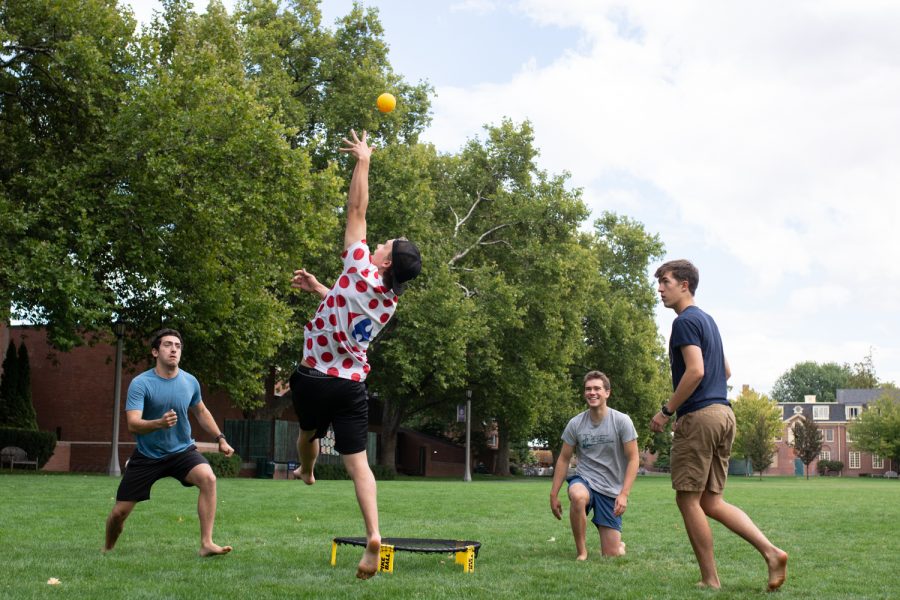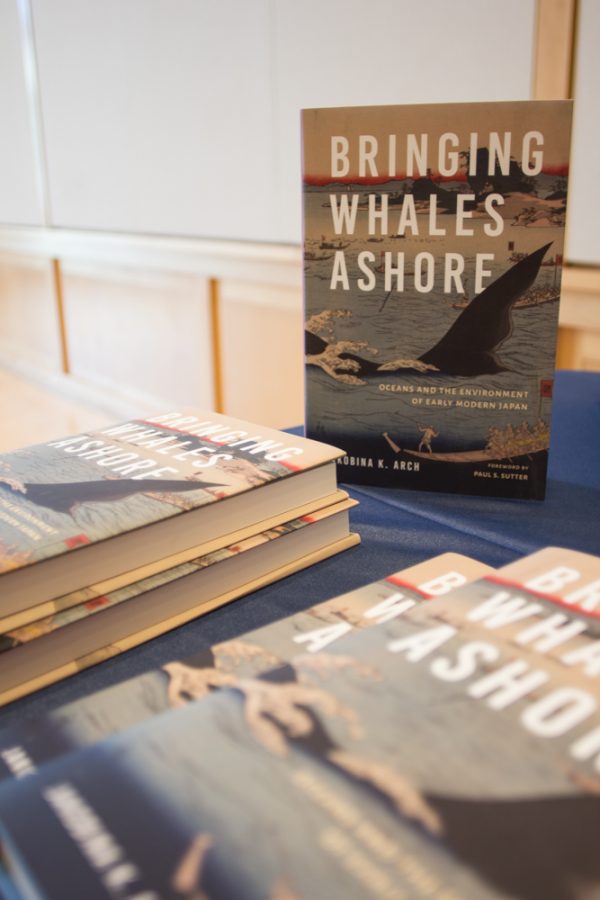“In the fashion world, what are mules?”
We came from the heat, disoriented, into the lounge. The clear voice boomed above us.
(We do this weekly, actually.)
Every Tuesday is trivia night at the Red Monkey, and even though I don’t consider myself a trivia junkie by any means, I love the ritual. I love the in-your-face red and black color scheme, the disco balls, the eight-ish TV monitors, the painting of a robed monkey toasting a wine glass. Plus, the $3 mystery micro brews are a great deal, even if the mystery beer is hit or miss.
If you’ve never been, trivia at the Monkey consists of: two rounds where you write down answers to questions the booming voice asks, two rounds where you fill in worksheets, and one round where you try to identify audio clips from music or movies.
Trivia can get raunchy too. The announcer encourages people to come up with team names that use sexual or toilet humor. (“Reese’s Feces” stands out as a memorable example.)
If you haven’t gathered from my above descriptions, I’ll make myself clear now: people flock to this event. The event starts at 8:00; tables are full by 7:50. Last Tuesday I ran into three separate parties where I knew at least one person at the table. (Apparently twentysomethings love trivia.)
As I sat at my table sipping my too pale ale, I began to wonder: what is it about this little competition that we love so much? Why do we like racking our brains and resurrecting latent knowledge? (I don’t even know if I should call it “knowledge.” Would “information” or “facts” be more accurate?) And furthermore, why do we participate in trivia competitions as a social ritual?
I think there’s a comfortable balance in trivia competitions between the powerful ability to retain information and the low-pressure atmosphere that won’t punish you for not knowing the country that produces the most uranium (it’s Canada, by the way). There’s no real way to study trivia, at least at the recreational level, and so there’s no risk of embarrassment from being unprepared. (Why would you want to study it anyway?) Expectations and risks are low, and I think that’s why it’s easy to participate. And sure, I learn new tidbits every time I go, but trivia is about more than gathering slices of information. Each person’s memory of his/her unique experiences plays a role in what kind of pieces he/she can contribute. There’s some guessing involved as well.
So yes, trivia is casual, but there’s also something to be said for the thrill of the eureka moment. Even people like me, who don’t know or care to know much trivia, are jealous of the eureka moment. We feel our eyes look (in spites of our wills) when someone shouts, “I WAS RIGHT!”
There’s a decent amount of shouting at trivia. Oh, and apparently “mules” translates to “shoes.”





